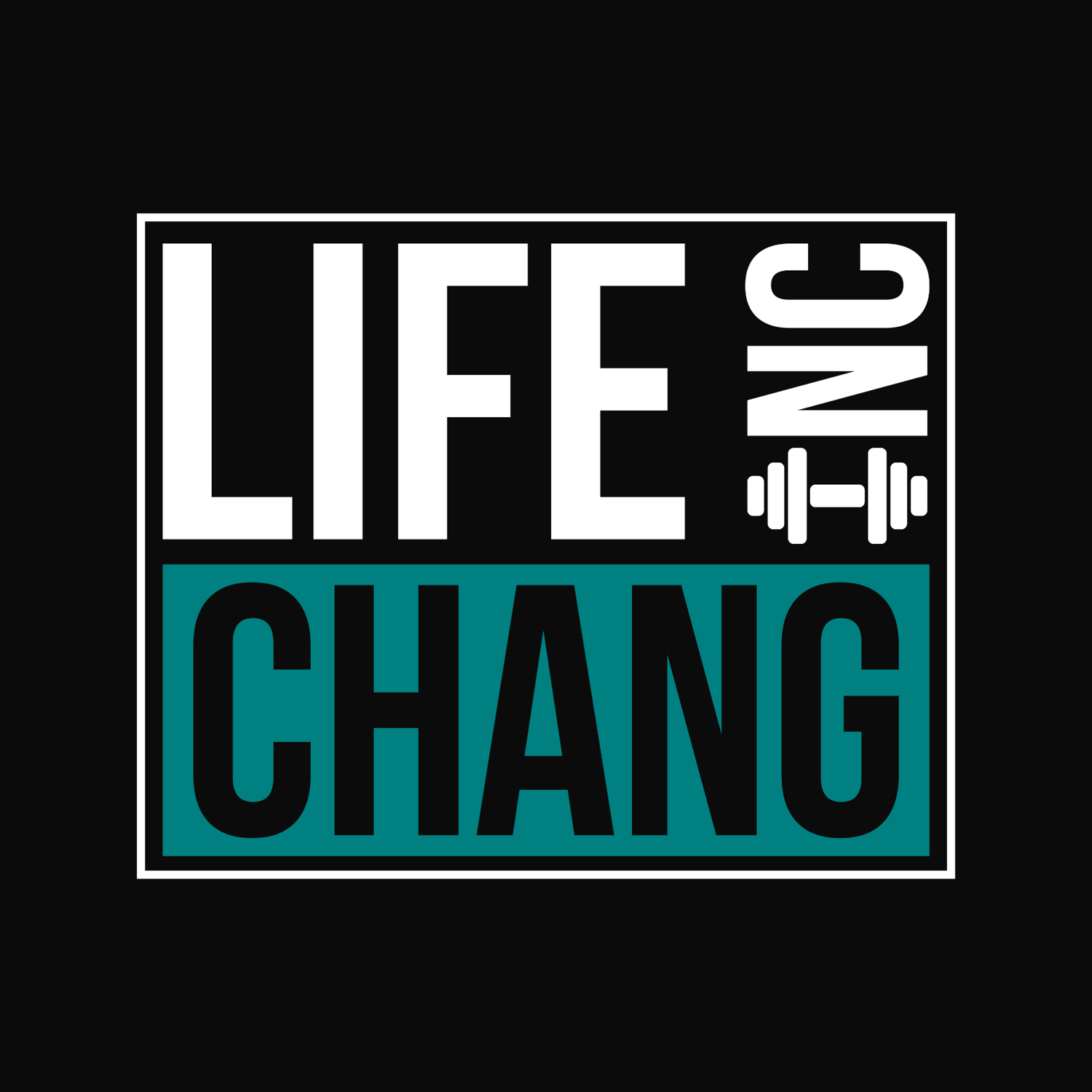The age-old debate about whether to exercise on an empty stomach continues to divide fitness enthusiasts. Some swear by the benefits of fasted workouts, while others believe in fueling up before hitting the gym. Let's delve into the pros and cons of working out on an empty stomach to help you decide which approach aligns best with your fitness goals.
Pros:
- Increased Fat Burn: Working out in a fasted state may enhance fat burning. When your body doesn't have readily available glycogen (stored carbohydrates) to use as energy, it turns to fat stores for fuel. This can be advantageous for individuals aiming to maximize fat loss during their workouts.
- Improved Insulin Sensitivity: Fasted workouts have been associated with improved insulin sensitivity. When you exercise without consuming carbohydrates beforehand, your body becomes more efficient at utilizing insulin, which can be beneficial for overall metabolic health.
- Adaptation to Fasted State: Regular fasted workouts might prompt your body to adapt to exercising without a pre-workout meal. Over time, this adaptation could potentially enhance your performance during fasted sessions.
- Convenience and Simplicity: For some individuals, exercising on an empty stomach is a matter of convenience. It simplifies the pre-workout routine, eliminating the need to plan and prepare a meal before hitting the gym.
Cons:
- Decreased Performance: One of the primary concerns associated with fasted workouts is a potential decrease in performance. Without readily available glycogen, your body might lack the energy needed for high-intensity exercises, resulting in fatigue and suboptimal performance.
- Risk of Muscle Loss: Exercising in a fasted state could increase the risk of muscle breakdown. Without sufficient amino acids from food, your body might turn to muscle protein as an energy source, potentially compromising muscle mass over time.
- Reduced Endurance: Endurance activities, such as long-distance running or intense cardio sessions, may suffer when performed on an empty stomach. Your body relies on glycogen stores for sustained energy during endurance exercises, and a lack of these stores may lead to premature fatigue.
- Potential for Dizziness or Lightheadedness: Some individuals may experience dizziness, lightheadedness, or low blood sugar levels when working out on an empty stomach. This can impact overall safety and enjoyment during the exercise.
Considerations for Working Out on an Empty Stomach:
- Type of Exercise: The type of exercise you engage in plays a significant role in determining whether working out on an empty stomach is suitable. Low to moderate-intensity activities may be more compatible with fasted workouts than high-intensity or endurance exercises.
- Individual Variability: Individual responses to fasted workouts vary. Some people may thrive and feel energized, while others may struggle with fatigue and discomfort. It's essential to pay attention to your body's signals and adjust your approach accordingly.
- Hydration Matters: Regardless of whether you choose to work out on an empty stomach, staying hydrated is crucial. Dehydration can amplify the negative effects of exercising without adequate fuel, so be sure to drink water before, during, and after your workout.
- Post-Workout Nutrition: If you opt for fasted workouts, paying attention to your post-exercise nutrition becomes crucial. Consuming a balanced meal or snack with a mix of carbohydrates and protein can help replenish glycogen stores and support muscle recovery.
Conclusion:
The decision to work out on an empty stomach ultimately depends on your individual preferences, goals, and how your body responds. While there are potential benefits such as increased fat burn and improved insulin sensitivity, there are also drawbacks like decreased performance and the risk of muscle loss. Experiment with different approaches, listen to your body, and consider consulting with a fitness professional or nutritionist to tailor your workout strategy to your unique needs and goals. Whether you choose to fuel up or embrace fasted workouts, the key is finding an approach that aligns with your lifestyle and enhances your overall fitness experience.



Comments ()